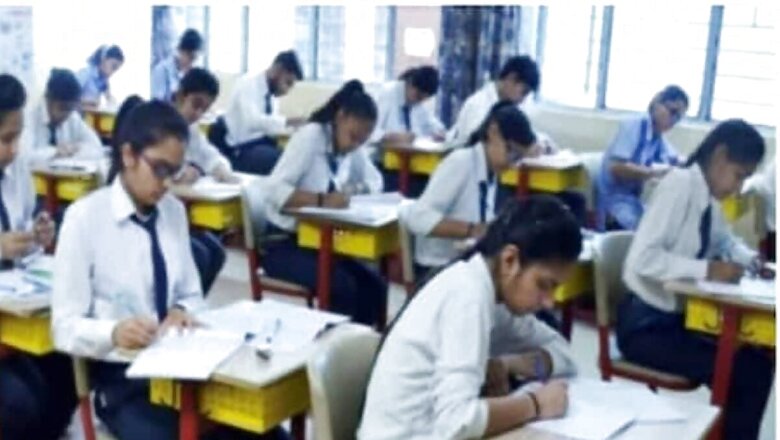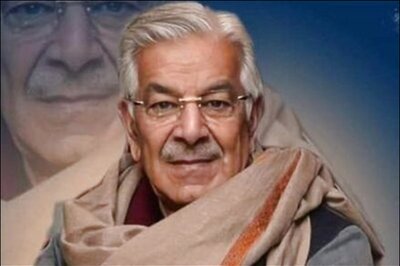
views
The NCERT, the central authority in charge of designing the syllabus for academic study in educational institutions has carried out another round of deletions and alterations. This time it has focussed its attention on Class 12 political science textbooks.
The so-called course correction, pun very much intended, will mean that Class 12 students will no longer learn about certain seminal events that shaped the Hindutva movement. For instance, Class 12 textbooks will no longer allude to the BJP’s ‘Rath Yatra’ from Somnath to Ayodhya or even the saffron party’s expression of regret over the “Ayodhya happenings”. Indeed, references to the Babri demolition (the mosque itself is going to be referred to only as the “three-domed structure”) have been edited out. This is also true of the mention of “Muslims massacred in Gujarat riots” and “achievements” of Mughal emperors.
The NCERT’s director has been quoted as having said that the deletions were necessary because he was particularly against teaching about riots in textbooks. The reason is that the NCERT wants “to create positive citizens, not violent and depressed individuals”.
Of course, apart from the director’s reasons, the NCERT has adduced quite a few in its press statement before helpfully pointing out that these changes have been cleared by “pedagogy experts”.
Expectedly, the decision to gloss over these events in the textbook, some extremely consequential, has spawned a backlash among sections of the intelligentsia and the opposition.
Those opposed to the changes accuse the premier education panel of sanitising society and polity. In their opinion, the NCERT is “infantilising the learner”. One newspaper editorial for instance observed that the NCERT director’s comments reveal “an overwhelming anxiety to present a picture of a sanitised society and polity by papering over fault lines and events that are constitutive of a nation’s journey, and even its learning arc”.
While there can be no quibble with this argument, we cannot allow ourselves to be selective about when we bring ourselves to interrogate the paternalism of the Indian state.
If the Left objects to the sanitised history of the “three-domed structure”, then it should be as worked up about the paternal state’s erstwhile omissions. Why haven’t we ever been taught about the oppressive psychological and material impact Muslim colonialism and latter-day separatism had and has on Hindus?
How we come to terms with our past will determine how we shape our present and future. Despite the logical infallibility of this cliché, those who shaped our textbooks in the early years of the republic saw our past through an ideologically jaundiced lens. Dr BR Ambedkar, the framer of our Constitution, was a strident critic of the organised effort of the intellectual class when it came to papering over the Hindu-Muslim fault line that palpably ran through the polity.
At the time this secularisation of India’s history was deemed important in the “interests of national unity” and that “the needs of a modernising society should be the primary considerations in our choice and presentation of material”.
Had this not been recorded for posterity in the shape of a recommendation made by the Committee on School Textbooks of the Government of India in 1969, this sleight of history would have been denied.
In hindsight, the “composite culture” narrative insulated generations of Indians from facts that have deeply affected their ability to make informed ideological choices. Especially, when it came to exercising their right to vote.
Would for instance those who today lament the NCERT’s alleged “course correction” stand up for a genuine rewrite of India’s textbook history incorporating some of the more painful aspects of Islamic settler colonisation?
One seriously doubts it. If anything, these Left activists will dismiss such an endeavour as an example of “saffronising” education with the aim of “weaponising history” to punish today’s Muslims for crimes committed by their forefathers.
Like it or not, the NCERT under the NDA has tactically borrowed from the ideological left – the so-called Macaulayputras – to win the battle of narratives.
One hopes though that in the process the intellectual Right will guard against an overcorrection. Because if it fails to stay within the redlines, it will, much like the Left, end up contributing to Bharat losing the war it is fighting to accurately record its history.














Comments
0 comment